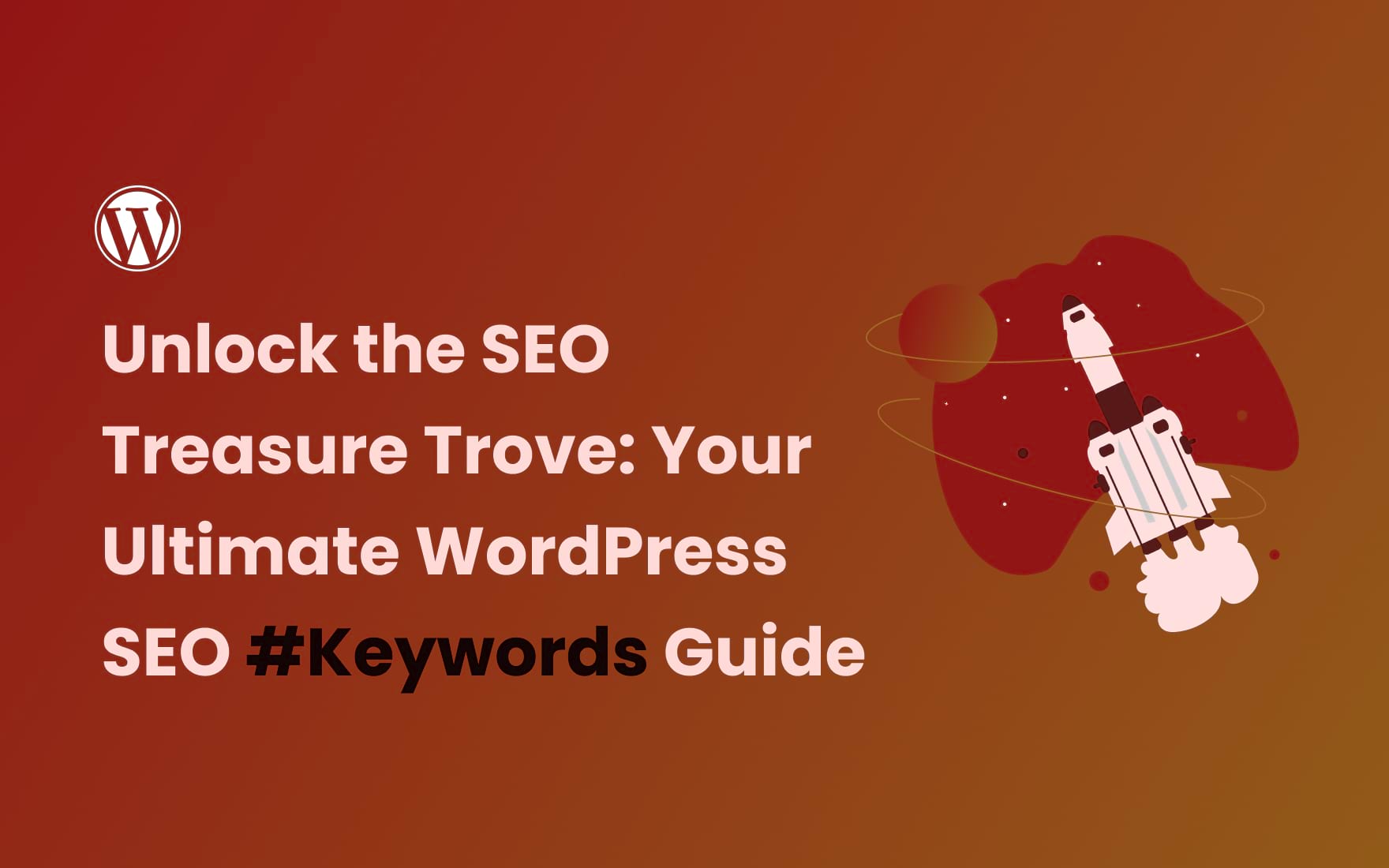Importance of Keywords in WordPress SEO
In the ever-evolving world of digital marketing, one thing remains constant: keywords are the cornerstone of search engine optimization (SEO). Whether you’re a seasoned SEO expert or just starting your journey with WordPress, understanding the role of keywords is crucial to achieving higher rankings, attracting organic traffic, and ultimately, growing your online presence. In this comprehensive guide, we will delve deep into the multifaceted world of keywords and how they play a pivotal role in WordPress SEO. From keyword research to implementation and optimization, you’ll learn everything you need to know to harness the power of keywords and boost your website’s visibility.
Chapter 1: What Are Keywords and Why Are They Important?
Defining Keywords
Keywords, in the context of SEO, are the words or phrases that users enter into search engines when seeking information, products, or services. They are the bridge between what your target audience is searching for and the content you provide on your WordPress website.
The Significance of Keywords
Keywords are the foundation of how search engines like Google rank and index web content. When you optimize your website with the right keywords, you increase the likelihood of your pages appearing in search results, making it easier for users to find and engage with your content.
Chapter 2: The Keyword Research Process
Understanding Your Target Audience
Effective keyword research starts with understanding your target audience’s needs, preferences, and pain points. By aligning your content with their interests, you can attract more relevant traffic.
Tools for Keyword Research
Explore various keyword research tools and platforms like Google Keyword Planner, SEMrush, Ahrefs, and Moz Keyword Explorer. These tools provide valuable insights into keyword search volume, competition, and trends.
Long-Tail Keywords
Long-tail keywords are longer, more specific keyword phrases that often have lower search volume but higher conversion potential. Discover how to identify and leverage long-tail keywords to reach niche audiences.
Chapter 3: On-Page SEO and Keywords
Keyword Placement
Learn where and how to strategically place keywords on your WordPress pages and posts, including titles, headings, content, and meta tags.
Keyword Density
Find the right balance between keyword usage and natural, engaging content. Keyword stuffing can harm your SEO efforts, while thoughtful keyword integration enhances your content’s relevance.
Chapter 4: Content Creation and Keywords
High-Quality Content
Create informative, engaging, and valuable content that resonates with your audience. Keywords should enhance your content, not overshadow it.
Content Optimization
Discover techniques to optimize existing content with relevant keywords. Update older articles and pages to keep them fresh and competitive.
Chapter 5: Technical SEO and Keywords
Permalinks
Learn how to structure SEO-friendly permalinks for your WordPress pages and posts. A well-optimized URL can boost your search visibility.
Image SEO
Images can also be optimized with descriptive filenames and alt text, providing additional opportunities for keyword inclusion.
Chapter 6: Monitoring and Optimization
Analytics Tools
Utilize web analytics tools like Google Analytics to monitor your website’s performance. Track keyword rankings, organic traffic, and user behavior to refine your SEO strategy.
A/B Testing
Experiment with different keyword strategies and content variations to identify what resonates best with your audience.
Chapter 7: Staying Updated with SEO Trends
SEO is Ever-Changing
The SEO landscape constantly evolves with updates to search engine algorithms and user behavior. Stay informed about the latest SEO trends and adapt your strategy accordingly.
Voice Search and Mobile SEO
Explore the impact of voice search and mobile optimization on keyword usage. As more users rely on voice-activated devices and mobile search, adapt your content to accommodate conversational queries.
Conclusion
Keywords are the backbone of WordPress SEO, shaping the way your website interacts with search engines and users. By mastering the art of keyword research, optimization, and monitoring, you can significantly improve your website’s visibility, attract organic traffic, and achieve your online goals. Remember that SEO is an ongoing process, and staying up-to-date with industry trends is key to long-term success. With the insights gained from this guide, you are well-equipped to navigate the dynamic world of keywords and WordPress SEO, helping your website thrive in the digital landscape.


